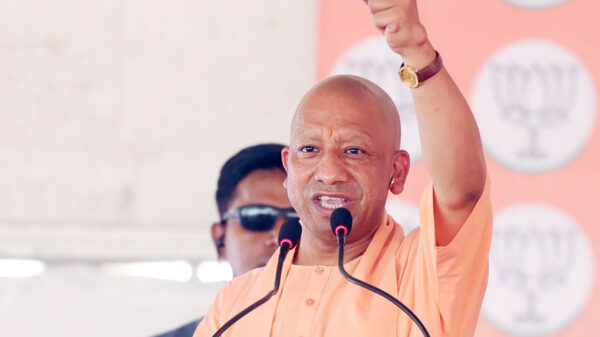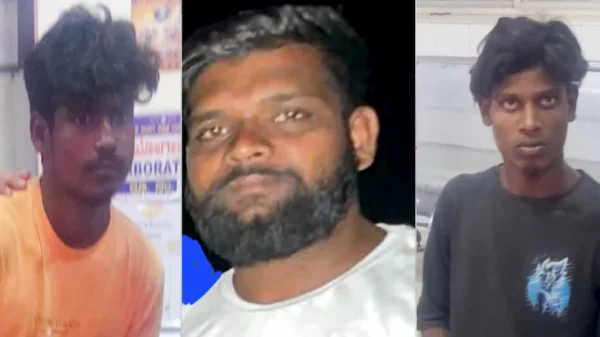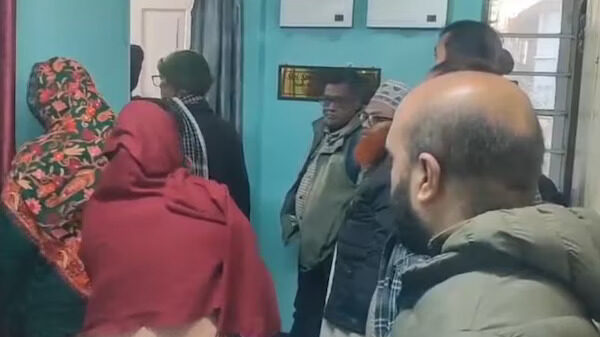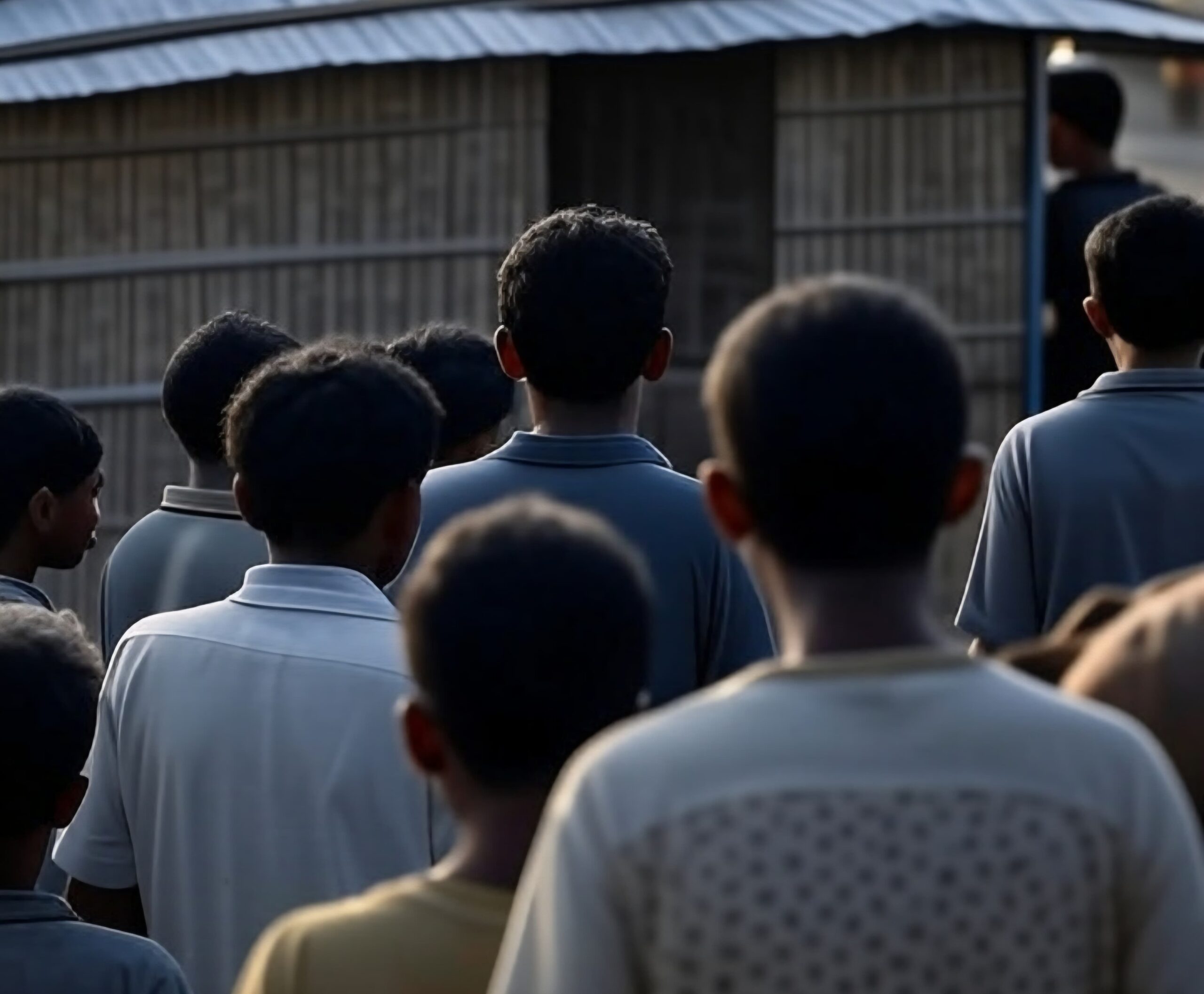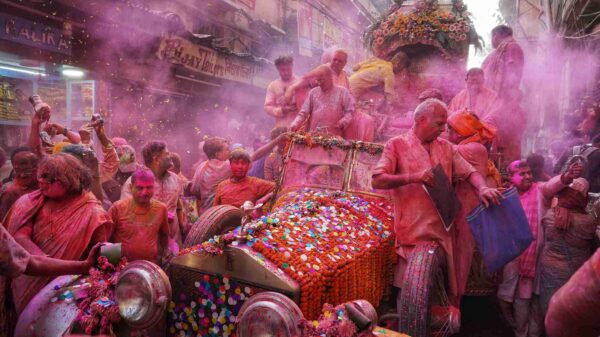Around 11:30 p.m. on Tuesday, June 24, four Rohingya refugees were picked up by men in civilian dress claiming to be police officers from the Shram Vihar refugee camp in Delhi’s Shaheen Bagh area. Witnesses said the officers arrived in an unmarked vehicle, slammed the doors of the shelters, dragged the men out, and “treated them like animals.”
The four detained individuals were identified as Abul Fayas (30), Abdul Rakim (28), Mohammad Salim (30), and a 14-year-old boy named Abu Tayyab. According to Noorul Amin, a camp resident, none of them had any criminal antecedents.
“We are taking you for a vasectomy. Your people give birth too many children,” the officers allegedly told the men, according to Noorul Amin, who witnessed the scene.
When other residents tried to intervene, they were reportedly threatened with the same treatment. “We dialled 112. The police refused to disclose why these individuals were taken,” said Amin. “They told us, ‘Don’t interfere or you will be next.”
The men were missing for nearly 19 hours before being released on Wednesday evening around 6 p.m. They later reported that they had been held without food and interrogated about why they had come to India.
“There are 100 families here, all of them have UNHCR cards,” he said. “The scariest part is not knowing why this is happening. If we’re doing something wrong, at least tell us.”
Fear Among the Community Members
A deep sense of fear now pervades the camp. “This is how they operate now,” Amin said. “They come and talk to families at night, then return the next morning to take someone away.”
Amin, 35, who now lives in Vikas Puri, arrived in India in 2013 after fleeing violence in Myanmar’s Rakhine state. He frequently visits Shram Vihar, where his parents, two brothers, and sister-in-law lived—until they, too, went missing in early June.
He said that in the first week of June, six of his family members were summoned to a local police station for biometric verification. They were then transferred to the detention centre run by the Foreigners Regional Registration Office (FRRO) in Inderpuri.
From there, they were reportedly taken to an Indian naval base, forced to wear life jackets, and abandoned near a remote island in the Andaman Sea.
“Local fishermen rescued them,” Amin said. “My brother called me from a fisherman’s phone. Since then, we haven’t heard anything. I don’t know if they’re alive. I’m deeply worried.”
“The world knows the situation in Myanmar is only worsening,” Amin said. “And now it’s getting harder to stay in India too.”
He added that arbitrary detentions have increased sharply in the past month.
Rising Crackdown On Rohingya Community Members
Between May 6 and 9, the Indian government deported at least 40 Rohingya refugees from its eastern coast to Myanmar. Around the same time, another 50 refugees were “pushed back” across the Assam–Bangladesh border—sent walking into Bangladesh without formal repatriation procedures.
“This kind of treatment violates both Indian constitutional values and international refugee protections,” said Advocate Fazal Abdal, a lawyer who works on refugee and minority rights. As of April 2021, he confirmed that at least 89 Rohingya refugees were detained at the FRRO centre in Inderpuri.
In one case reported by The Assam Tribune on March 31, 2021, Indian authorities prepared to deport a 14-year-old Rohingya girl to Myanmar, despite her plea to be sent to Cox’s Bazar in Bangladesh, where her parents were already in a refugee camp. Her deportation—scheduled for April 1—made her the first Rohingya to be repatriated after the military coup in Myanmar earlier that year.
“If only the police told us why they are detaining us, we would cooperate,” Amin said.
“But living in constant fear is not possible. And if deportation is the only plan, then drown us together. Just get it over with.”







